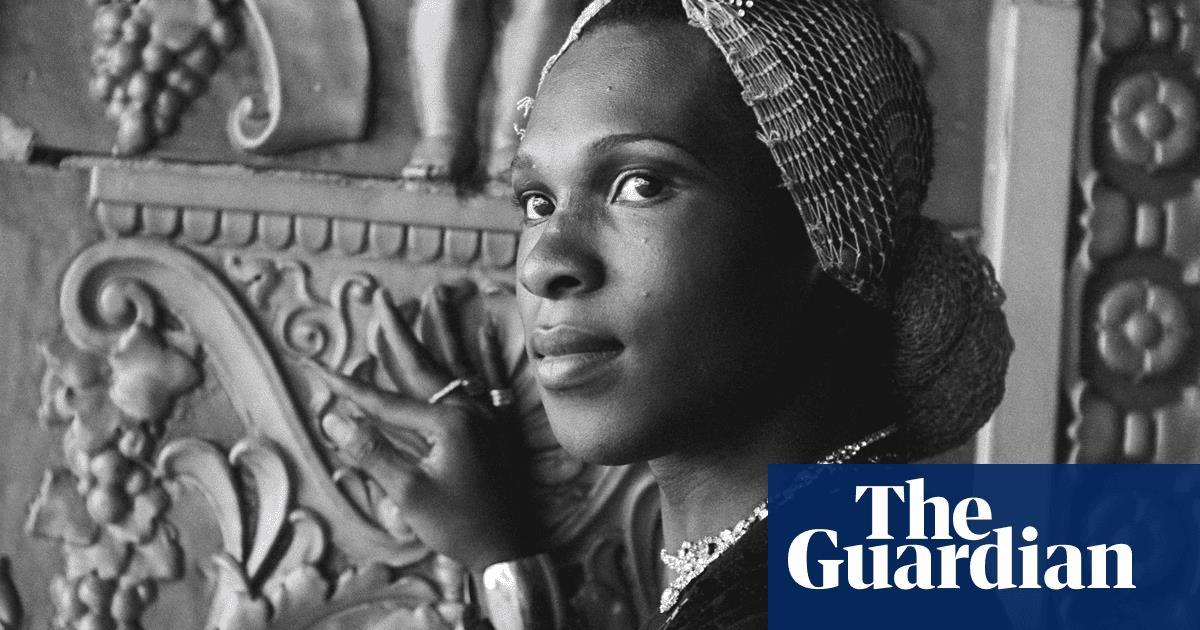
ritics may adore the new school of British jazz – acts such as Moses Boyd, Sons of Kemet and Nubya Garcia – but it can still be difficult for the genre to nab mainstream listeners. Enter the 26-year-old singer-songwriter Celeste Epiphany Waite. Recording under her first name, her work harks back to soul and jazz clubs with smoke low in the air, singing poignant tales of love and loss in a lilting, wistful voice that echoes Amy Winehouse’s tone, or even Sarah Vaughan’s.
“It’s a bit of an anomaly,” she says from her flat in north-west London, pondering why her music has been embraced by the mainstream – she won the rising star award at the Brits last year, whose previous winners include Adele and Sam Smith, and is generally anointed as a major new British talent. “I do feel really lucky. When DJs play my songs on say, Radio 1, they stick out. But they play them anyway; it’s really nice of them!”
Although her voice suggests it, she is not classically trained; she was born in California but moved to Brighton with her mother as a child, often staying with grandparents growing up. She learned to sing by following along to artists such as Aretha Franklin, “because in my mind she was the best singer ever. I’d almost be pitting myself against these singers from a different era to see if I could do some of the things they could do.” The result is pin-drop ballads such as Strange, sung with stirring vocals that defy her soft-spoken and quirky demeanour.
Talking to her, she seems an old soul beyond her years, and had an unconventional penchant for the oldies even in childhood. “I had a friend in primary school who had a James Brown talking robot,” she recalls, laughing. “You would press a button and he would say catchphrases like: ‘I’m feeling good!’ And we pressed it so much it ran out of battery in about a week.”
It was only when a teacher overheard her singing and recommended her for a scholarship to a performing school that she had any formal training, but the strictness pushed her to rebel: “Introducing a work ethic into it put me off – I only ever wanted to sing recreationally.”
Music, then, was a last resort; Waite was determined to go to art school but struggled in college, impacted greatly by the death of her father when she was 16. The pair had been out of contact until she was 10, but a bout of lung cancer tragically cut short their rekindled relationship. Forced to drop most of her subjects, she took up music as an extra A-level, and joined a local band which helped her to further overcome her shyness. “I knew I wasn’t gonna get into uni,” she says. “And when we played our first gig I got such a good feeling.” Inspired by the Justin Bieber era of bedroom covers leading to instant stardom, she dropped videos of band rehearsals on to YouTube, which bagged her a manager and started her career.
Last year was set to be her year; she was also named BBC Sound of 2020, although the title now reads as a bit of a cruel joke. Covid ended touring and stalled work on her album, making her miss its March submission date. “Everything was in suspense,” she says, and she worried that “by the time we can go back out to play shows there won’t be anyone interested to listen”. Or anywhere to play; she frets about venues going defunct and being replaced by blocks of flats, “these characterless buildings instead of soul and culture”.
In the interim, she contributed to soundtracks for Pixar’s Soul and Netflix’s The Trial of the Chicago 7, as well as the coveted John Lewis Christmas advert. The opportunities kept her confidence high, but she has also had to rethink success: “I’ve learned not to rely too much on an outside source to feel reassured in what I’m doing.”
She also had time to develop her own material further, and the resultant debut album Not Your Muse, out this week, plays out between mellow, bare-bones songs such as the calypso-infused Beloved and swelling Match of the Day montage belters like Stop This Flame. Her current relationship was another catalyst, allowing her “to put myself into the story, rather than using others as inspiration. Being with someone who’s an artist in their own right [her partner is model-poet Sonny Hall] has led me further down a path of intrigue, towards the relationship between artist and muse.” The exploration encouraged her to “follow her heart” and resist influence from critics, an outlook she summarised in the album title.
Even without a pandemic, it is often a difficult feat for Black soul artists to get ahead in the industry compared to their white counterparts, and colourism – when lighter skin is prized over darker – can stop some women progressing in their careers. Celeste, who is mixed-race, is aware of the issues: “I notice there aren’t actually many Black women singing soul, blues and jazz who are in the mainstream being heard,” she says. “The origins of blues are work songs – literally Black people working on plantations as slaves. Why aren’t more Black women able to succeed or be visible in a genre that they’re at the origin of?”
That confidence she earned in lockdown suggests she might help break the cycle. “The last shows I did, there were probably only a few hundred people,” she says. “But I can feel that there’s a bit more now.”
• Not Your Muse is released 29 January on Polydor












